My audiophile experience and the power that drives it
My journey through the unique world of high-end audio, started with a humble 10-watt Holiday integrated amp. It was in my early days of sound that I came across Nakamichi—the brand that might've inspired the 'Nakamoto' name.
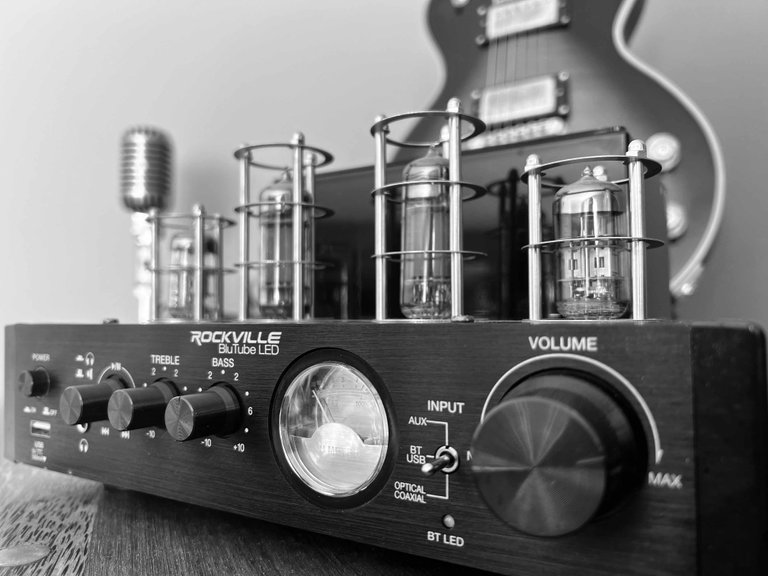
At 18, I dove into this world headfirst, transforming a simple desire into a home-based Nakamichi dealership. It all began with the Nakamichi System One, a piece of tech that was as much a desire as it was unaffordable, until I made it mine as a first purchase from the wholesaler.
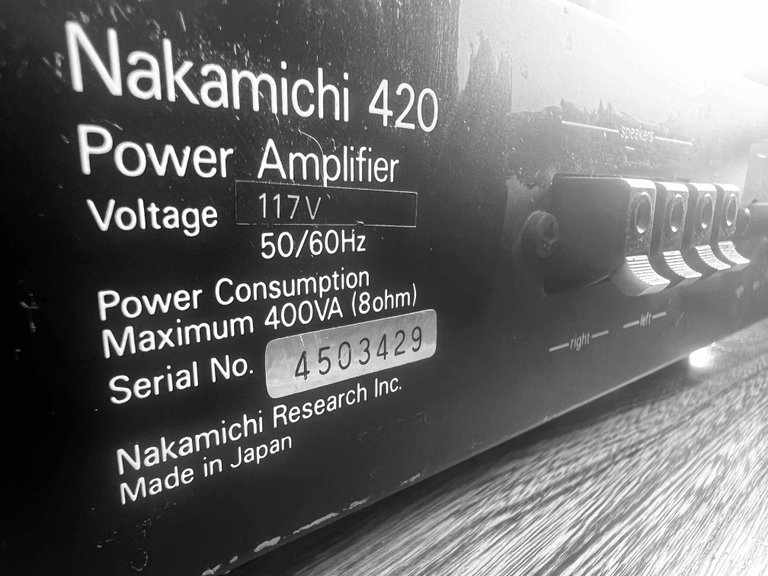
The heart of the System One was the Nakamichi 620 power amp which introduced me to the concept of 'Class B' power—efficient, but not without its quirks. It led me down a path of discovery about amp classes. Class A, for example, is straightforward and pure in sound but guzzles energy like a thirsty elephant and gets just as hot.
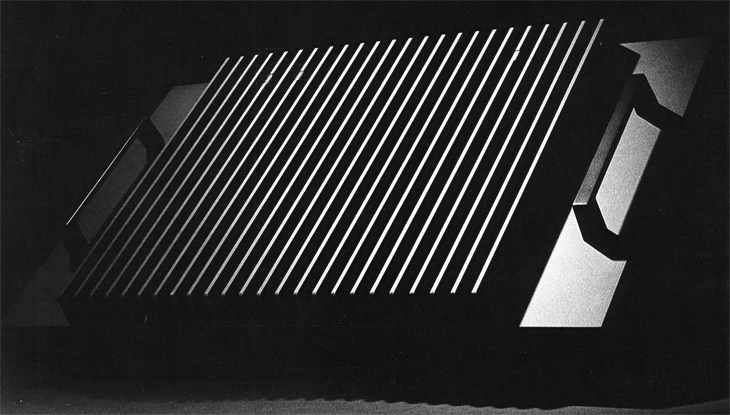
Class AB mixes A's sound purity with B's energy consciousness, while Class D takes a techy turn to keep things cool and compact but risks getting noisy.
Then there's Class G and H, the brainiacs of the bunch, smartly using power only when needed or adjusting it on the fly—clever, but not simple to create. And the debate of Tube versus Solid-State versus MOSFET? It's like choosing between a vinyl's warm crackle, a CD's crispness, or the clarity of digital music—each has its charm.
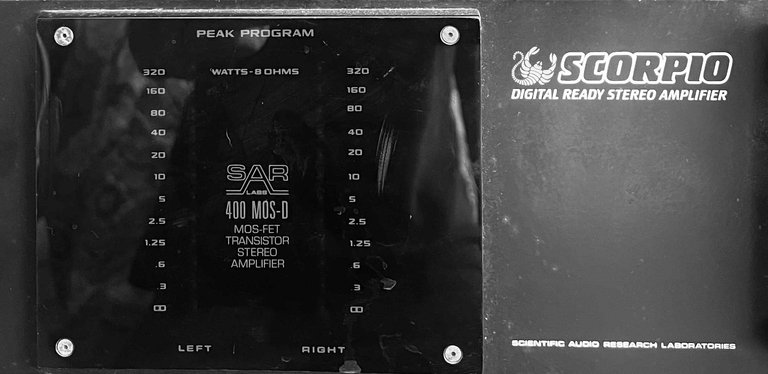
Does the tech change the class? Not really, but it does add flavors—like how a chef uses spices. The ingredients (tube, solid-state, MOSFET) can shape the sound's personality, from warm to precise.
My preference to amplification is tube technology, although the price of amplification of this nature is expensive and requires more maintenance than solid state MOS FET technology.
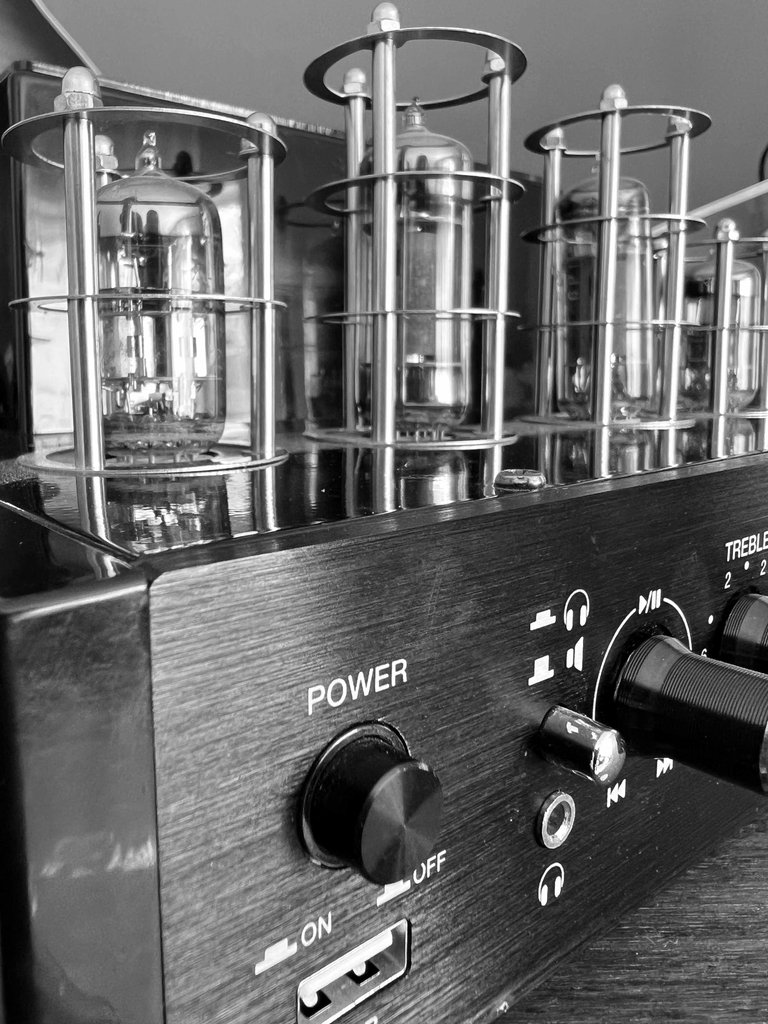
My audio adventure continues with custom MOS FET amps and a classic Hitachi HMA 7500 MK II, keeping my home always alive with music. It's not just about the equipment; it's about the endless symphony they create.
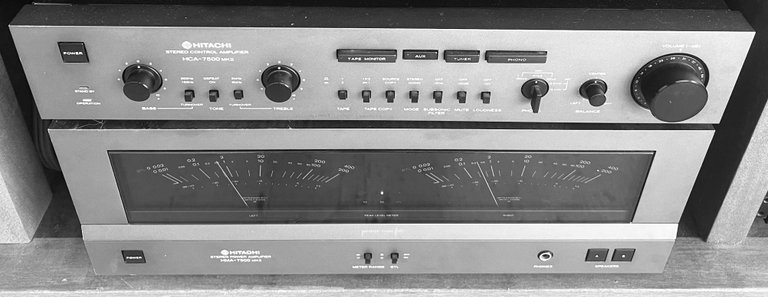
Disclaimer: I utilize AI tools to enhance my work, including research, grammar, spelling, , with the aim of improving user experience, quality, and efficiency. It's important to clarify that my use of AI is ethical, and I do not engage in fraudulent or plagiaristic practices. All the content I produce is based on my own ideas and experiences, and I am committed to maintaining authenticity and originality in a positive manner.
Growing up on a large acreage Canadian farm, guided by loving parents, I've always thrived by pursuing the seemingly impossible. I tend to march to the beat of my own drum, and while I respect rules, I may occasionally overlook them inadvertently.
I see good old HW still disapproves of your work, but I think it has value. They can't take !BEER away from you.
I read a lot about audiophile gear in my youth, but never had the money for it. I know you can spend as much as you want on this stuff, but some of it does seem like snakeoil. One that made me laugh was a $500 wooden volume knob. Of course everything makes some difference, but could anyone detect it? I have some reasonable powered speakers on my desk that sound good (not little plastic things). I have a record deck hooked up that gets some use. What really matters is the music.
Thanks for the beer! Yes HW doesn't like me, oh well, I appreciate your support as always! There is a lot to be said about the accessories. I spent a lot of time in Vegas at the Consumer Electronics Show (CES) and some of the products that were huge prices I consider snake oil as well. Especially when it comes to the esoteric cabling. You can spend literally thousands on cables, unless you can hear grass grow, I honestly don't believe them to be of any significance. I think the $500 wooden knob would only be valuable to the knob buying it :) I know what you mean about the prices when we were growing up, that's why I made a business out of my hobby, it led to greater things and now at my retirement I have the luxury of buying, selling and trading the trinkets in life that I always wanted. The problem with it all is my daughters will have a full time job ahead of them dispersing dads crap when I'm gone!
Where I work they deal with signals in the GHz range that need decent connections and their cables cost less than some of the hifi ones. People will still believe there is some 'magic' that can make things sound better. That applies to musical instruments too. In the case of guitars a lot of the sound is down to the player. I won't tell people how to spend their money though.
I believe most people think the higher the price of an item the better it should perform. While spending time in high end listening environments I found this quite fictional and now find myself purchasing vintage receivers that no one would touch in 80's that are now very sought after and considered audiophile grade equipment. As we become more engulfed in our depressed monetary systems, there becomes an appreciation of the older quality products that were built to last and withstand time. And yes, it all comes down to the player and the listener.
View or trade
BEER.Hey @sokal, here is a little bit of
BEERfrom @steevc for you. Enjoy it!Learn how to earn FREE BEER each day by staking your
BEER.It’s apparent that @adm has not only a spelling challenge but an abuse of power issue downvoting original content. Maybe you would like to explain to the community your actions?